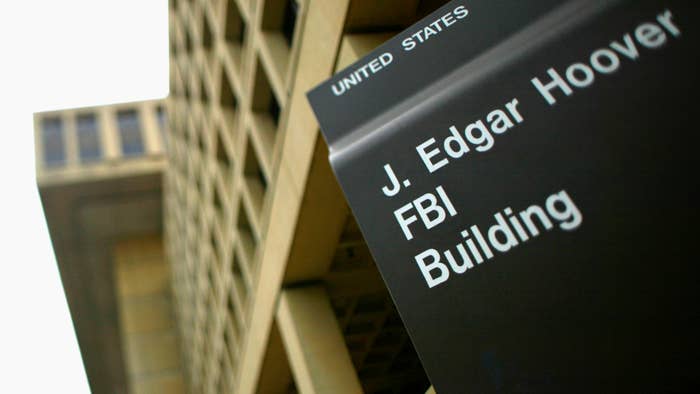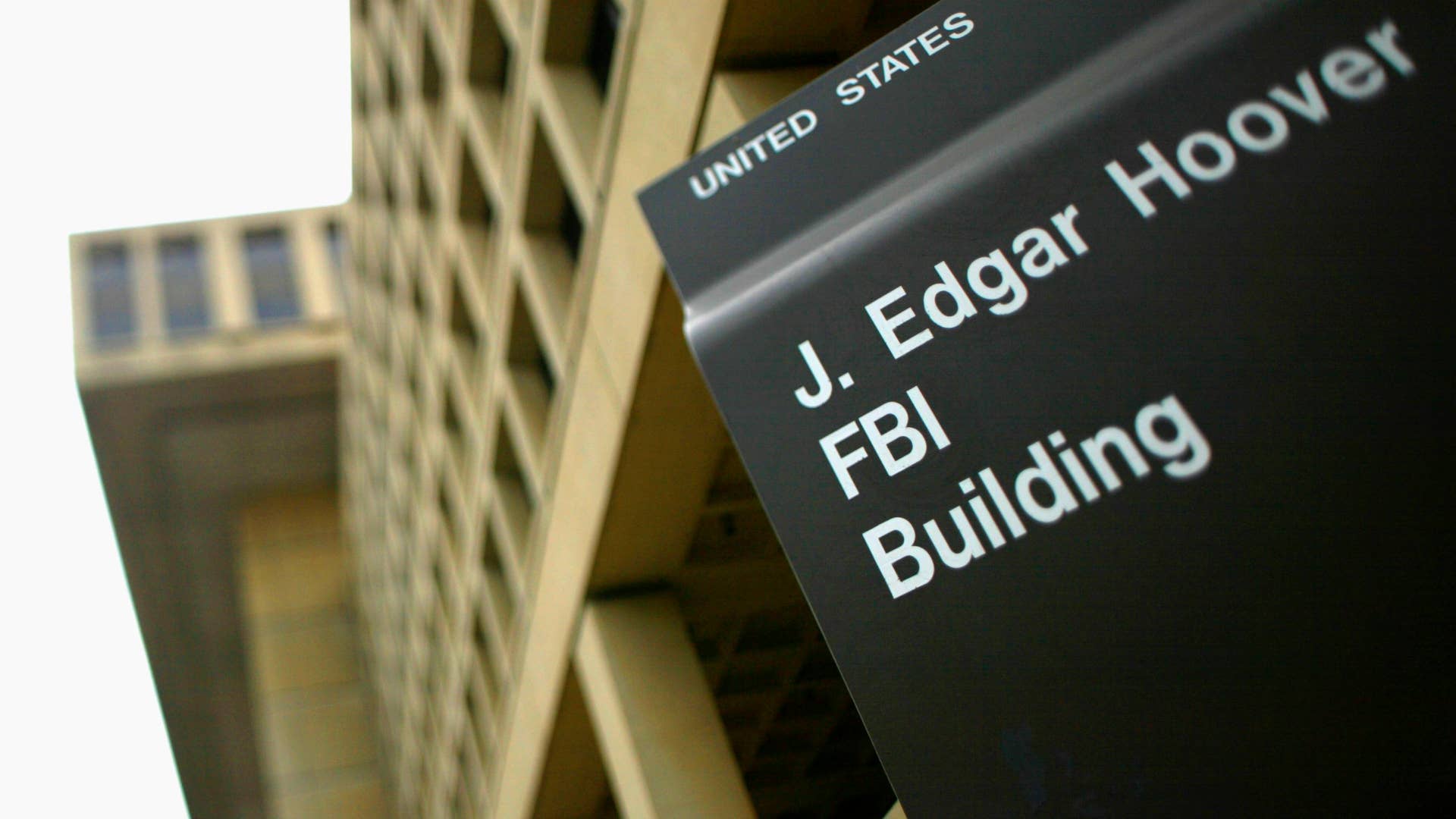
Movies can do many great things. They can make you laugh, cry, think, and sometimes inspire you to try and make changes to institutions that still exist today.
Rep. Steve Cohen of Tennessee, during his appearance on Yahoo News’ Skullduggery podcast, said that he will reintroduce his bill pushing for J. Edgar Hoover’s name to be removed from the FBI building. Cohen got the ball rolling again one day after watching Judas and the Black Messiah about three weeks ago.
The film tells the story of Fred Hampton, chairman of the Illinois chapter of the Black Panther Party, who was killed in his bed when the police conducted an armed raid of the residence in the middle of the night. William O’Neal was around 17 years old when he was coerced by FBI agent Roy Mitchell to become an informant, in exchange for getting charges against him dropped. O’Neal was tasked with getting close with Hampton and the Black Panthers.
Black Messiah also touches on the shadiness and illegal activity of the FBI’s Counter Intelligence Program, or COINTELPRO, which targeted groups that the agency perceived to be threats. This included, among many others, the Black Panther Party. The FBI attempted to stir up division between Hampton and other groups by spreading false information, and when putting him behind bars wasn’t enough, FBI chief J. Edgar Hoover was allegedly determined to do everything in his power to suppress the progress of the Black Panther Party movement, even if that meant assassinating Hampton in 1969 at the age of 21.
When Cohen introduced the bill, which has about 22 co-sponsors, last month, he argued that Hoover “doesn’t deserve the honor and recognition of having the nation’s premiere law enforcement agency headquarters named for him. The civil rights we enjoy today are in spite of J. Edgar Hoover, not because of him.” Under Hoover’s direction, the FBI also targeted and monitored Martin Luther King, Malcolm X, and Muhammad Ali under its COINTELPRO division.
Black Messiah director Shaka King wasn’t as supportive of the bill, referring to it as a “cosmetic” response to the deeply-rooted issues with the FBI and its abuse of power. “Cosmetic change is change of some kind, but it’s not really any kind of redress,” King said. “It’s not fixing anything. It’s actually a fairly hollow statement. A real statement is, ‘Let’s take a look at COINTELPRO and the damage it’s caused, and let’s engage in some historic justice.’”
Keith and Kenny Lucas, who have “story by” credits on Judas, spoke on the subject in their February interview with Complex “My thing is like, to this day the FBI still has the building named after J. Edgar Hoover. I think that that’s a testament to how disrespectful we’ve been to Hampton’s legacy,” said Kenny. “The fact that this guy actively participated in the assassination of an American citizen and saw no repercussions, and we still glorify this guy; makes me sick to my stomach.”
Keith added, “Akua Njeri, she’s still around. She’s still here. You have to live in a world where we still recognize J. Edgar Hoover as some sort of authoritative figure. We need to move past that, and I think in order for Hampton to finally get the justice that he deserves, that the name needs to be removed.”
The FBI building in Washington, D.C. was named after Hoover in 1972, five months after his death.

